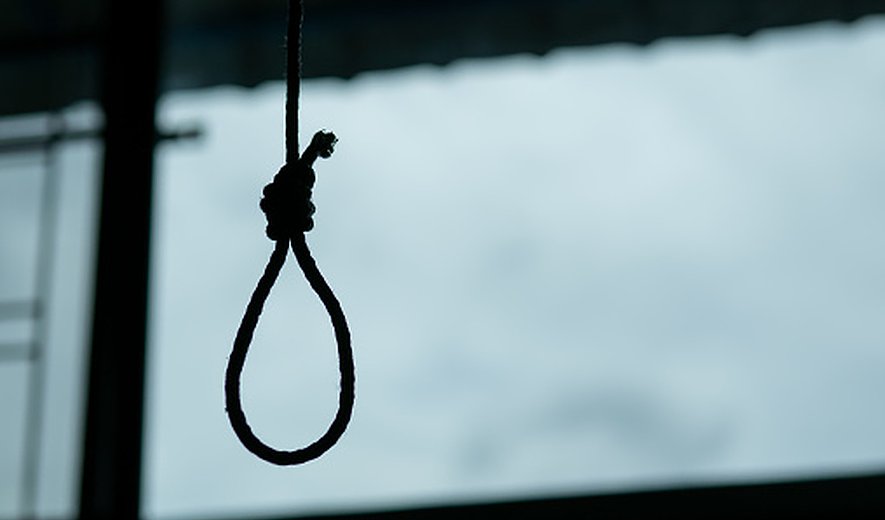Juvenile Offender Yaser Fathi at Imminent Risk of Execution in Zanjan

Iran Human Rights (IHRNGO); August 7, 2023: A prisoner named Yaser Fathi who is reported to have been 17 years old at the time of committing an alleged murder during a group fight, was transferred to solitary confinement in preparation for his execution in Zanjan Central Prison.
According to information obtained by Iran Human Rights, a young man was transferred to solitary confinement on 6 August, in preparation for his execution in Zanjan Central Prison. His identity has been established as Yaser Fathi from Hashtroud who was sentenced to qisas (retribution-in-kind) for murder.
An informed source told Iran Human Rights: “Yaser Fathi is accused of committing a murder during a street fight around four years ago when he was just 17 years old.”
Iran Human Rights has not verified his exact date of birth at the time of writing. It continues its investigations to establish his exact age at the time of the alleged offence.
Should the victim’s family refuse to forgo their legal right to execution, Yaser will be executed in the coming days.
According to Article 91 of the new Islamic Penal Code, passed in 2013, “In the cases of offences punishable by hadd or qisas, if mature people under eighteen years do not realise the nature of the crime committed or its prohibition, or if there is uncertainty about their full mental development, according to their age, they shall be sentenced to the punishments prescribed in this chapter.” The note to the Article gives judges the power to determine the defendant's mental capacity: “The court may ask the opinion of forensic medicine or resort to any other method that it sees appropriate in order to establish the full mental development.”
Iran is one of the few countries in the world that still carries out the death penalty for juvenile offenders. The International Covenant on Civil and Political Rights which the Islamic Republic is a signatory to, prohibits the issuance and implementation of the death penalty for crimes committed by an individual below 18 years of age. According to Iran Human Rights' reports, at least 68 juvenile offenders were executed between 2010 and 2022 in Iran. International reports show that the Islamic Republic is responsible for 70% of juvenile executions in the last 33 years.
The Convention on the Rights of the Child, which the Islamic Republic is also a signatory to, explicitly states that “Neither capital punishment nor life imprisonment without possibility of release shall be imposed for offences committed by persons below eighteen years of age.” However, the new Islamic Penal Code adopted in 2013 explicitly defines the “age of criminal responsibility” for children as the age of maturity under Sharia law, meaning that girls over 9 lunar years of age and boys over 15 lunar years of age are eligible for execution if convicted of “crimes against God” (such as apostasy) or “retribution crimes” (such as murder).

